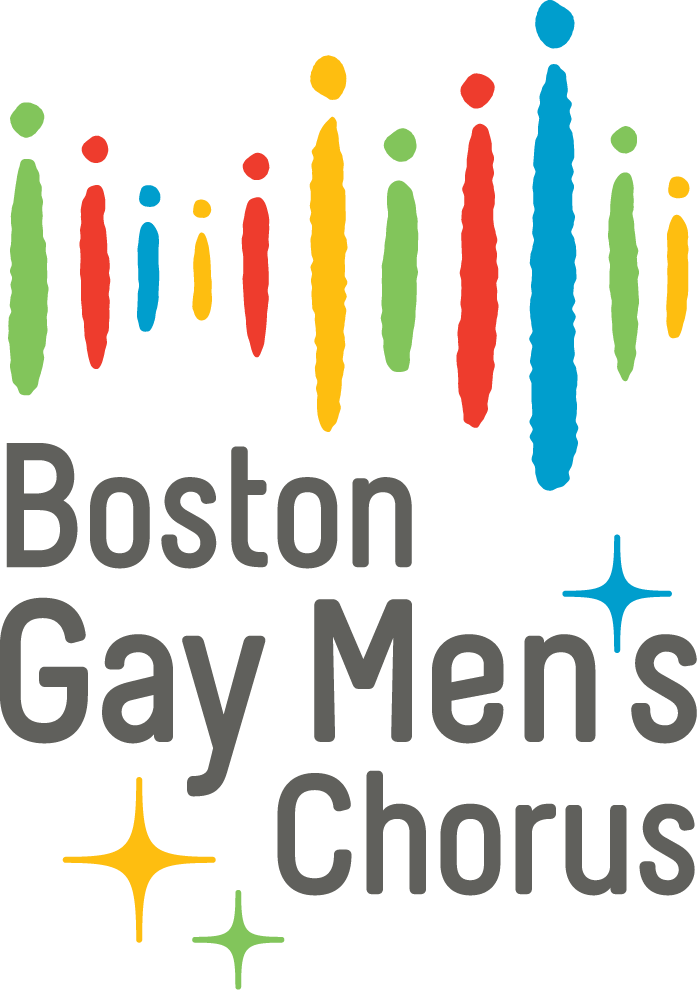By that time, apartheid in South Africa was firmly entrenched and black people were barred from the performances. Asked by a South African reporter if he knew when he agreed to come that he’d be playing only for white audiences, Stravinsky replied that he did not, but that he thought little about such matters as they were “outside of my competence.” And then, in a likely reference to the fact that legal segregation was still in effect in the South he added that the U.S. had “the same problems.”
Despite Stravinsky’s neutral—even dismissive—public stance on apartheid, behind the scenes the Russian-born composer, who became a U.S. citizen in 1945, had sent a telegram to the SABC asking if the concerts could be open to all South Africans. Not surprisingly, his request was denied. But in a major concession, Stravinsky was allowed to perform one concert for a black audience.
This little-known chapter of Stravinsky’s illustrious career is detailed in “Stravinsky in South Africa” a captivating BBC podcast documentary produced last year. As BGMC prepares to tour South Africa in June, it’s a moving reminder of the power of music to bridge political and cultural divides, inspire others to lives of creativity, and salve the wounds of oppression and inequality, even if only temporarily.
The echoes of this power can be heard in the recollections of symphony and audience members who attended the concert in Kwa Thema, a black township outside of Johannesburg, on May 27, 1962. A percussionist who performed that night recalled feeling uneasy as the bus full of white orchestra members made its way to Kwa Thema. “I had mixed feelings, because this was something new,” he said. But his “fears were quenched” when they arrived to a crowd of children and adults clapping, singing and welcoming the musicians with “a very warm reception.”
Among those in the audience that night was a young man named Prince Thethe, who recalled the unbridled excitement in the hall as Stravinsky raised his baton. “When he was about to start conducting, as his hands went up…the audience, even before he did anything, they all just went berserk—ululating, your whistles, your screams!” recalled Thethe, a choirmaster now in his eighties, said the documentary.
Also in the audience was local musician Michael Raborifi. The hall was full, Raborifi, told the BBC in an interview. The excitement of seeing a “white group” perform for the first time was palpable. “[In] those days apartheid was very strong,” he recalled.
Stravinsky was 79 at the time of the concert. Raborifi was surprised that despite his advanced age, “He was conducting so beautifully.”
Raborifi, a choirmaster who continues to work at the age of 92, paid careful attention to the maestro that night. “His style of conducting highly influenced me,” he said, “and by that influence, I managed to improve my way of singing and conducting. It improved my life in music.”
Just as Stravinsky deployed his art to subvert and transcend South Africa’s apartheid regime—if only for one night—BGMC strives to create change through our music and our presence as out and proud gay men. As we have done here in New England and in far-flung places like Poland and Istanbul, we sing across cultural divides.
Stravinsky summarized this sentiment nicely in his interview with the aforementioned South African journalist who asked about if he’d prefer to play for a mixed race audience: “I like to appear before human beings,” he said. “That’s all.”
The Boston Gay Men’s Chorus will tour South Africa June 11-25 with performances in Johannesburg June 15 and 16; in George June 19; and in Cape Town June 21 and 22. Each concert will raise money for local initiatives serving LGBT South Africans, including refugees, youth, people who are homeless, and people who are living with HIV. If you would like to contribute to the tour, you can do so here.
